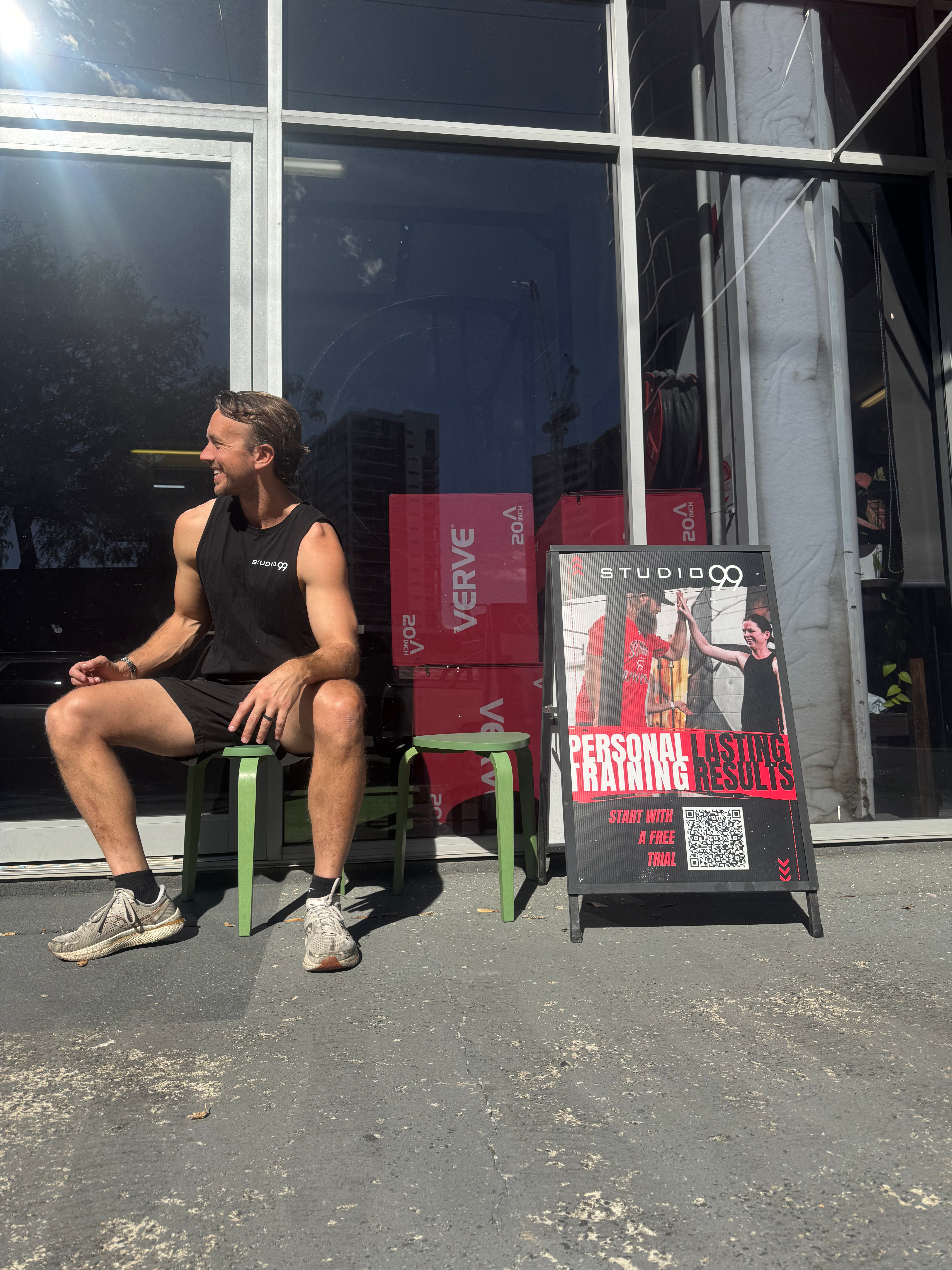Shoulder pain doesn't have to keep you out of the gym!
- Tim Douge

- Jul 13, 2023
- 3 min read
Today we delve into the fascinating world of the rotator cuff muscles and their significance. You may have heard of them but aren't quite sure what they are or why they're important. Well, fear not! In this article, we'll demystify the mysteries of the

rotator cuff muscles and shed light on why strengthening them should be on your fitness radar. The rotator cuff muscles are a group of four muscles that surround the shoulder joint. These muscles include the supraspinatus, infraspinatus, teres minor, and subscapularis. Individually, they play essential roles in stabilizing and mobilizing the shoulder joint. Collectively, they work harmoniously to provide strength, stability, and a wide range of motion to the shoulder.
Why should I bother strengthening these muscles? Well, here's the scoop: the shoulder joint is one of the most mobile joints in the body, allowing us to perform a myriad of tasks, from reaching overhead to throwing a ball and picking up our shopping bags. However, this incredible mobility comes at a price - the shoulder joint is relatively unstable. This is where the rotator cuff muscles step in as the unsung heroes.
By strengthening the rotator cuff muscles, you enhance their ability to support the shoulder joint, reducing the risk of injuries and improving overall shoulder function. Here's why it's crucial to give these muscles some love:
Injury Prevention: Engaging in activities that involve repetitive shoulder movements or overhead motions, such as throwing, swimming, or weightlifting, can put stress on the shoulder joint. Strong rotator cuff muscles act as a protective mechanism, reducing the risk of strains, tears, or other shoulder injuries.
Shoulder Stability: The rotator cuff muscles help maintain the proper alignment of the humerus (upper arm bone) within the shoulder socket. By strengthening these muscles, you enhance shoulder stability, which is particularly vital for athletes or individuals involved in activities that require shoulder strength and coordination.
Improved Range of Motion: Flexible and strong rotator cuff muscles allow for a broader range of motion in the shoulder joint. Whether you're reaching for something on a high shelf or participating in your favourite sport, having well-conditioned rotator cuff muscles will help you move more freely and with less discomfort.
Posture and Alignment: Weak or imbalanced rotator cuff muscles can lead to poor posture, rounded shoulders, and imbalanced muscle development in the upper body. By incorporating rotator cuff exercises into your routine, you can promote proper alignment and posture, reducing the risk of chronic shoulder and neck pain.
Rehabilitation and Recovery: If you've experienced a rotator cuff injury or undergone shoulder surgery, rehabilitating and strengthening the rotator cuff muscles are integral to your recovery process. Working with a physical therapist or healthcare professional can guide you through a tailored rehabilitation program to restore strength and functionality.
Now that we understand the significance of the rotator cuff muscles, how can we strengthen them? Here are a few exercises to get you started:
External Rotations: Use resistance bands or light dumbbells to perform external rotations. Keep your elbows at a 90-degree angle and slowly rotate your forearms outward, engaging the muscles of the rotator cuff.
Shoulder Raises: Stand or sit with a slight bend in your elbows. Lift your arms straight out to the sides, keeping them at shoulder level. Lower them back down with control and repeat.
Prone Horizontal Abduction: Lie on your stomach with your arms hanging down towards the floor. Lift your arms out to the sides, squeezing your shoulder blades together as you do so. Slowly lower your arms.
If you are already experiencing shoulder pain these exercise done at a lighter load can also be your remedy! Visit your local physio or Accredited Exercise Physiologist to get an assessment on your shoulder health so your can modify your program and feel confident in the gym.
PAUL KANU


Comments